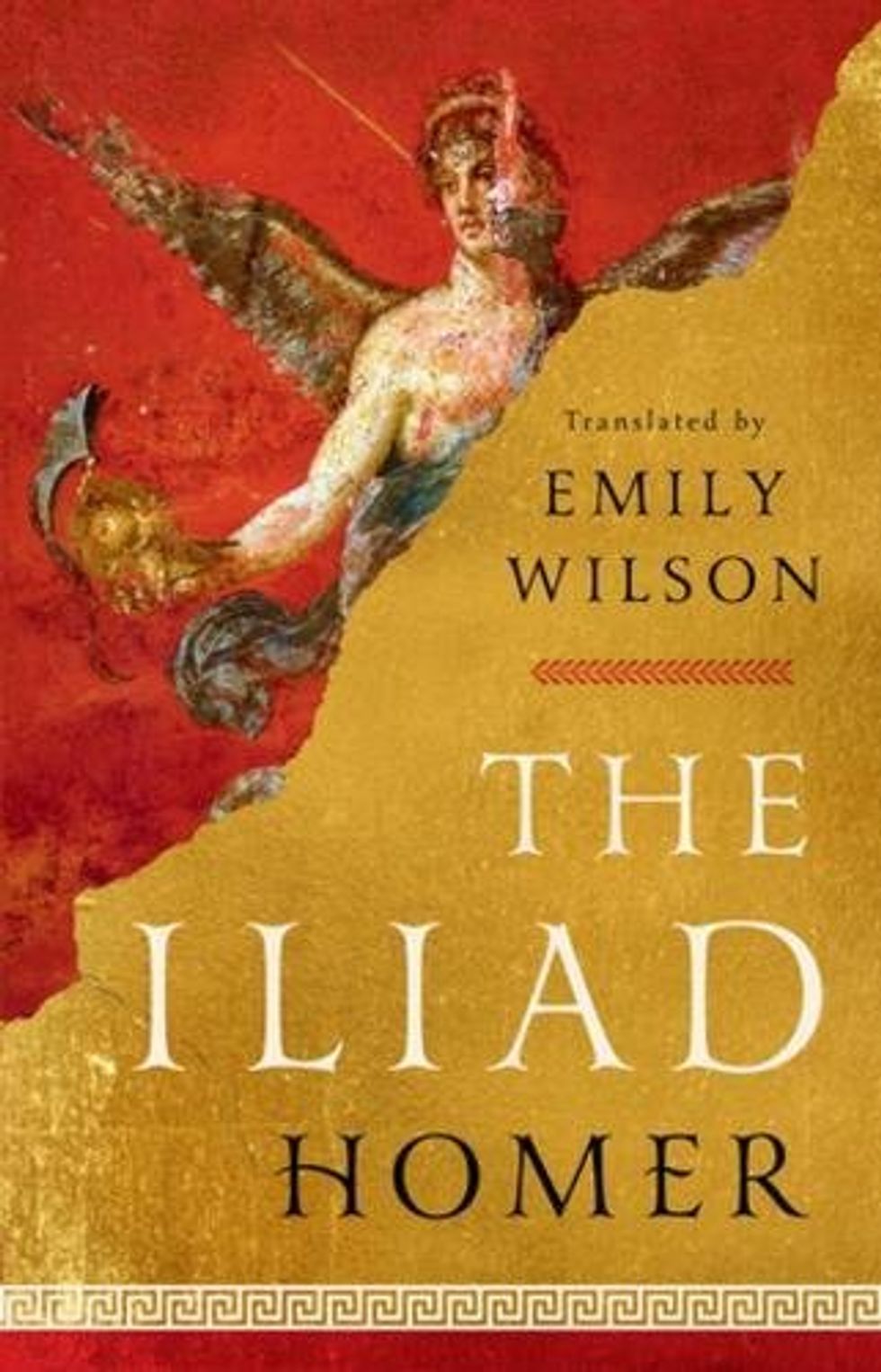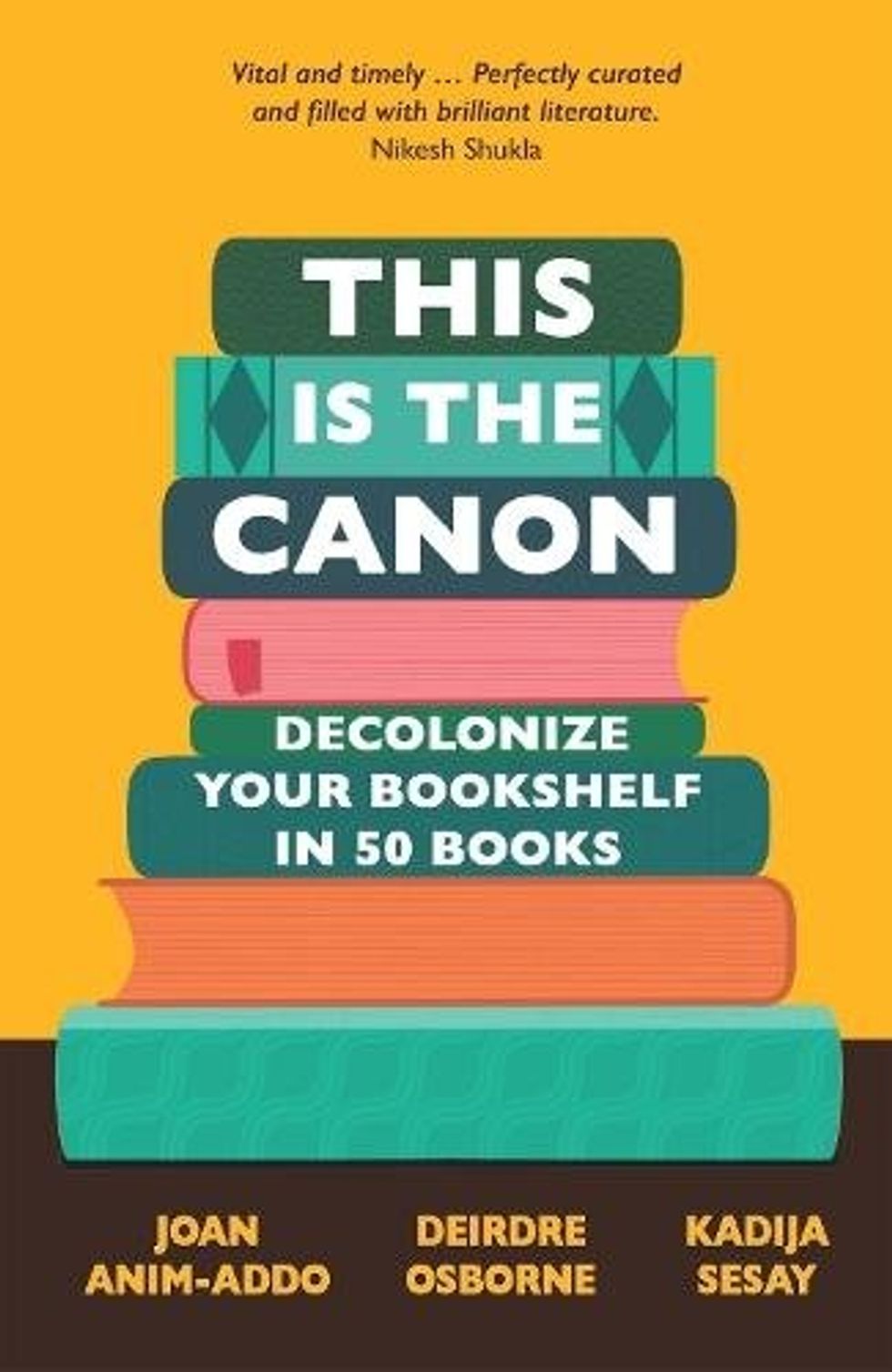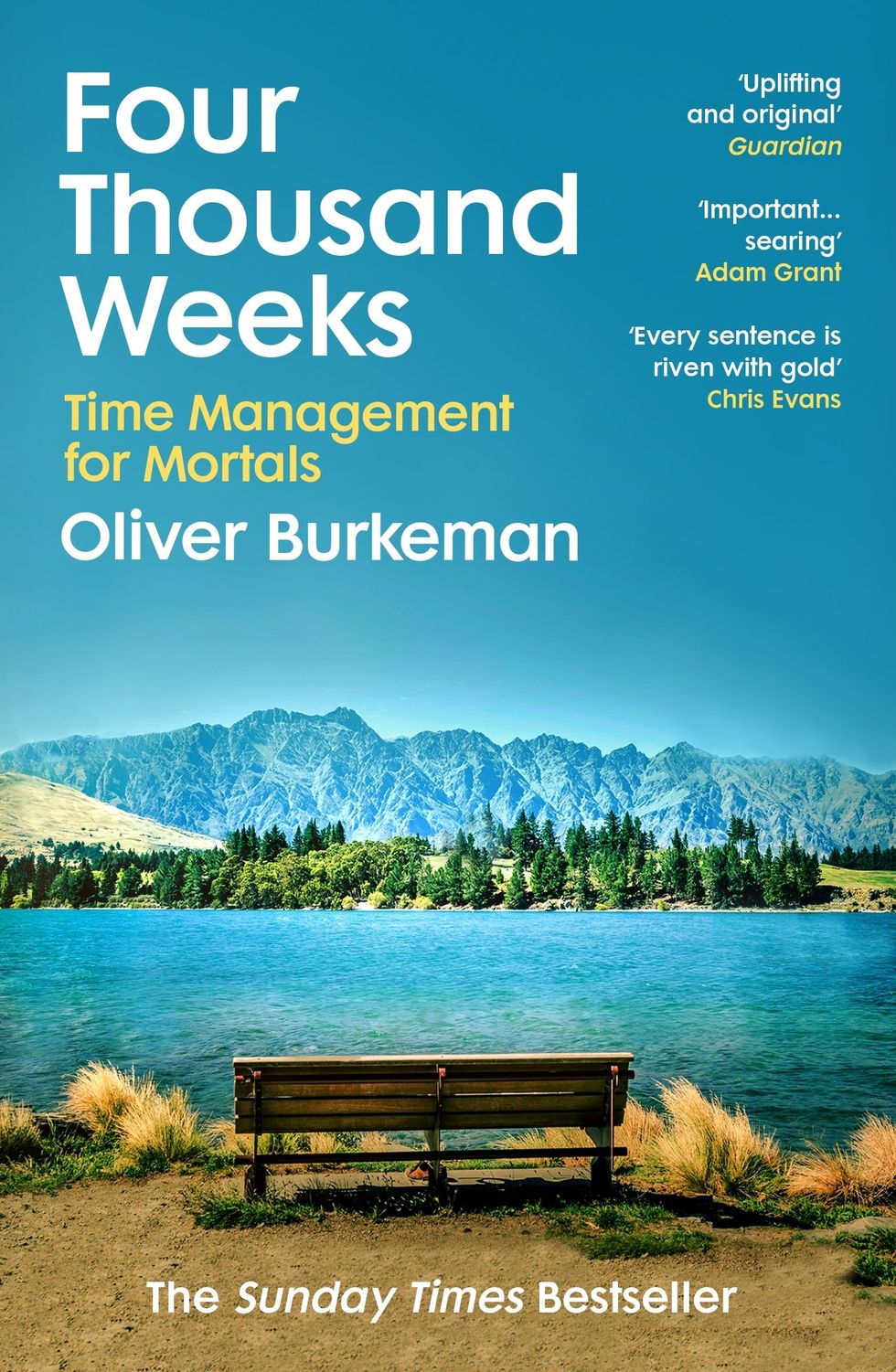Reading is back in fashion, but not for the reasons you might think. For Gen Z, the book you're seen with says as much about you as the clothes you wear – even if you've never turned one of its pages.
PLUS What to read to actually be smarter
On a warm afternoon, a young woman perches on a chair outside a busy café in Sydney’s inner west, her iced oat latte balanced precariously on the table. She rifles through her bag, pulls out a dog-eared copy of Sally Rooney's Normal People, and angles it just enough for the title to be visible to passers-by. Between sips and page turns, she lifts her phone, snapping a quick shot for the ‘Gram.
The caption reads "My kind of Saturday: lost in a good book".
Gen Z are now using books as props for social media, driven by the rise of "performative reading". Reading in public has shifted from a solitary pastime to a carefully curated act of self-presentation.
Whether in a park, on a train or at a local coffee shop, the sight of a young person with a book now comes with their peers assumptions about their personal branding, status, and being seen as "effortlessly intelligent" online. And online communities like BookTok and Bookstagram amplify this trend.
"Social media is a performative space," says Timothy Woodyatt, President of the UNSW Bookworm Society. "Even if we’re not posting stuff, it’s made us more self-aware in public. There’s a heightened awareness of how you’re being perceived."
From private pastime to public performance
Performative reading isn’t entirely new. Certain titles have always carried social meaning, serving as shorthand for intellect or cultural capital.
What has changed is the scale and speed with which a book held on a street corner can become content circulating online.
Decades ago, a Jane Austen hardback might have turned the heads of those who glimpsed the reader. In today’s digital age, that audience has expanded. A book reading can now be staged, photographed, and shared with thousands within minutes.
Books become part of personal branding. For example, for Gen Z, a shot of Sylvia Plath’s The Bell Jar can speak volumes about someone’s personality.

However, as Woodyatt says, approaching books in this way dilutes the point of reading. "If you’re reading primarily as a performance to indicate something about yourself that isn’t connected to the book, then reading stops being about learning or engaging with ideas," he says.
"Appearing intellectual online without actually having anything intellectual to talk about cheapens what it means to be intellectual. It becomes a social signal instead."
The 'cool and privileged' book club
Suxim Yang, a Gen Z media and communications student at Monash University, Melbourne, sees a clear cultural shift in what’s considered aspirational.
"Reading is considered cool now, but you have to read specific things," she says.
"If you’re reading Young Adult or trendy romance novels, people might think it’s cringe. But if you’re reading philosophy or a classic, you’re role-playing as smart."
Woodyatt agrees, saying that reading classic literature carries a certain social weight. "Those kind of books inherently holds social contextuality," he says. "If you were reading [a book by Russian author Fyodor] Dostoevsky, that book naturally makes you appear intimidating and educated."
Yang believes this hierarchy of cool and uncool books is often unfairly gendered. For example, a stack of old patriarchal literature can imply academic credibility, while popular romance novels written by contemporary female authors are often dismissed.
She says this judgment is prejudiced. "Everything that’s traditionally women-led gets called cringe," she says. "You can romanticise a woman reading classics and think, ‘She’s so smart.’ But if it’s some other book, it doesn’t fit the aesthetic."
She argues this is why Gen Z sees women reading in public as more performative than men, while men doing the same is often seen as the norm.
"I know a guy who posts pretending to read, holding the book upside down and all," Yang says. "It ties into that ‘female gaze’ idea where men are seen as more educated."
Yang links performative reading to the broader social media pursuit of a ‘perfect lifestyle’. "There’s this whole culture where you have to better yourself in your free time, whether it’s eating salads, doing Pilates, or reading books," she says.
"But that’s a kind of privilege only influencers have, because they have more time and energy. For an everyday person working two jobs, it’s harder to keep up."
What makes public reading feel like a performance?
Cathal Reynolds, bookstore manager of Sydney’s Sappho Books, believes the performance often starts with an online post before a newly bought book is even opened.
"It’s more about what people are buying and displaying on their shelves, rather than actively reading," he says. "The background of videos reflects what people value, and haul videos show what they’re financially supporting."

Reynolds says reading has "always been political," but this has intensified as authors have become more public and readers grow more conscious of who their money is supporting.
"Like performative activism, it’s about what people are seen to be doing rather than what they are doing," he says.
Still, he believes public performance can lead to genuine engagement and interest. "If they are actively reading, it would be almost impossible not to take in what the author intended."
Reynolds believes motivations vary – some read in public for genuine leisure while others do so to impress those online and around them.
And these motivations change. "Anything that encourages people to read is a good thing, and performative reading may start people on diverse journeys they’d never have imagined," Reynolds says.
Social media, performative habits and fragile self-esteem
Danielle Einstein is a clinical psychologist specialising in adolescent social media use. She says Gen Z’s perception of performative reading reflects deeper mental health concerns tied to social media usage and a constant comparison mindset.
"Many now view branding as part of the individual’s identity," she says. "Unfortunately, this comes at the cost of robust mental health."
Her research, found in The Einstein Report, shows how over-reliance on digital tools can weaken young people’s self-discipline, reduce patience, and replace true effort with quick reassurance.
"The self-esteem that they establish [via social media] is fragile as it requires constant feedback," she says.
"If that validation isn’t there, many then block their worries with constant connection or screen-based distraction, which stops growth in effortful offline activities."
When it comes to reading, Einstein points out that even a healthy hobby can take on a performative edge depending on how it is framed.
"Some are tempted to brag because of the boost they get when someone adds a heart to their post. We are hard-wired to chase attention and want to climb the social hierarchy," she says. "If the way you feel good about yourself is by outperforming others, it can worsen mental health because friendships then have a competitive element, rather than a caring one."
She uses the hypothetical example of a post about reading a popular psychology book:
"Finally carving out time to reread Daniel Kahneman's Thinking, Fast and Slow. Forgot how dense it is, but wow — page xx already has me rethinking half my assumptions about decision-making."
"The post implies they’re reading a respected intellectual book, has read it before (bonus points), are deep enough to have thoughtful reflections on it, and that they’re the kind of person who carves out time for challenging material," Einstein says. "It’s subtle boasting, and we live in a time when some have nailed the art."
Woodyatt sees this trend as an evolution from prioritising beauty to prioritising intellect in how Gen Z presents themselves online, though he believes attractiveness still carries more social weight.
"Both can be tied to insecurity," he says. "But we don’t place the same value on intellect as we do on attractiveness, so it hasn’t reached the same severity."
Yang agrees that while performative reading can feel inauthentic, it also encourages more reading.
"If seeing something cool or aesthetic makes you want to do it more, that’s not necessarily bad," she says.
And even in today’s socially performative age, there is still room for authenticity. Both Woodyatt and Yang agree that authentic reading simply means enjoying the book for yourself, regardless of whether you post about it online.
Woodyatt cautions against losing sight of the purpose of reading. "The backlash you see over people being performative readers actually contributes to a sense of anti-intellectualism," he says.
"It’s not good for people genuinely trying to have complicated discussions over their recent reads in the public space. If we lose that, all we’re left with is the performance."
Top 5 books to read to be smarter
Sydney’s Sappho Books manager Cathal Reynolds had reading recommendations if you want to actually be smarter:
Yunya Wang is a second year Bachelor of International Law and Media student at UNSW, majoring in Communications and Journalism. She is passionate about topics ranging from global affairs to fashion journalism. In her free time, she enjoys travelling, reading, and baking.











